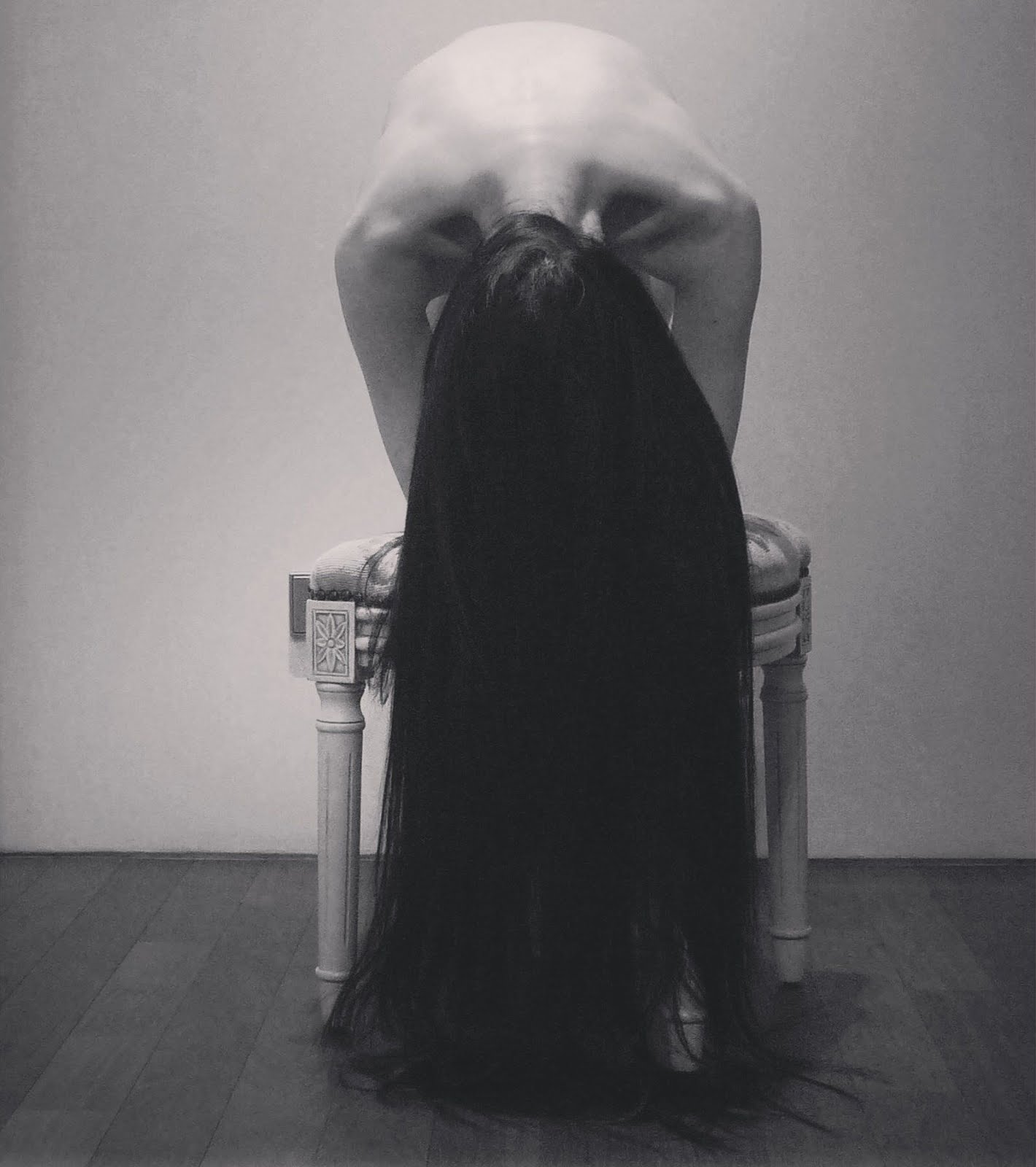“These violent delights have violent ends
And in their triumph die, like fire and powder,
Which, as they kiss, consume.”
 |
| Emma Bennett, Death & Co, 2008; Oil and French enamel on Canvas, 170 x 130 cm. |
I am entirely in love with artist Emma Bennett’s mystical and poetic paintings, quietly glistening in the darkened melodies of vanitas and mono no aware—a silently powerful Floating World that is swooningly gorgeous. Her work takes my breath away.
 |
| Anne Vallayer-Coster, “Panaches de mer, lithophytes et coquilles (Still-Life with Tuft of Marine Plants, Shells and Corals),” Oil on Canvas, 1769, Musée du Louvre, Paris. |
“In poetry I have a few axioms, and you will see how far I am from their center.
1st. I think poetry should surprise by a fine excess, and not by singularity; it should strike the reader as a wording of his own highest thoughts, and appear almost a remembrance.
2nd. Its touches of beauty should never be half-way, thereby making the reader breathless, instead of content. The rise, the progress, the setting of imagery should, like the sun, come natural to him, shine over him, and set soberly, although in magnificence, leaving him in the luxury of twilight.
But it is easier to think what poetry should be, than to write it. And this leads me to another axiom—That if poetry comes not as naturally as the leaves to a tree, it had better not come at all.”
~John Keats, from a letter to John Taylor, February 27, 1818
 |
| Willem van Aelst, Vase of Flowers with Pocket Watch |
“The more I see her, the more I am convinced she is a very isolated figure. A man should never be that, not even a young one, for since reflection is essential to his development he must have come into contact with others. But for that reason a girl should rather not be interesting, for the interesting always contains a reflection upon itself, just as the interesting in art always gives you the artist too. A young girl who wants to please by being interesting really only succeeds in pleasing herself.”
~The Seducer's Diary (part of his larger book Either/Or), by Søren Kierkegaard
 |
| Francesca Woodman |





No comments:
Post a Comment